In Memoriam
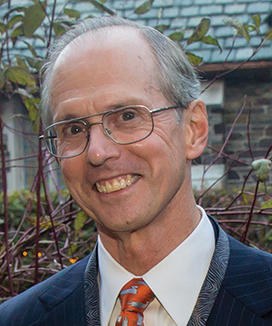
William B. Russel, a former dean of Princeton’s graduate school and longtime chemical and biological engineering professor, died Sept. 24 at age 77. During Russel’s service as dean from 2002 to 2014, the graduate school increased diversity in its student body, revamped housing with the completion of the Lakeside apartments, and developed “Dissertation Completion Enrollment” (DCE) status, which expanded funding for Ph.D. students. Russel’s research in engineering centered on materials science, including the behavior, structure, and dynamics of colloidal systems, according to a biography published by the Dean of the Faculty’s office. He transferred to emeritus status in 2017 after 43 years on the faculty.
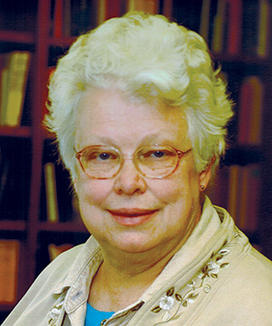
Janet Martin, the first woman to earn tenure in Princeton’s Department of Classics, died Aug. 30. She was 84. Martin, a scholar of literature and history of the Middle Ages, came to the University in 1973 and was an early participant in the Women’s Classical Caucus, an organization that aims to incorporate feminist and gender-informed perspectives in the field and promote equity and diversity. On campus, she chaired the faculty committee that advocated for a program in women’s studies (though she resigned as chair before its approval, in protest of the administration’s lack of support). She retired from the faculty in 2010.
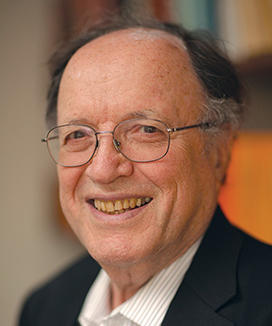
Joseph Kohn *56, described by peers as a major figure in modern mathematical analysis, died Sept. 12 at age 91. Kohn was known for his work on the interaction between partial differential equations and functions of several complex variables, according to a biography from the Dean of the Faculty’s office. He earned a Ph.D. in mathematics from Princeton and returned to join the faculty in 1968, teaching for the next 40 years. Kohn chaired the mathematics department in three separate stints. He also was active in the Princeton Go Club, playing the ancient board game that he first picked up as a graduate student.
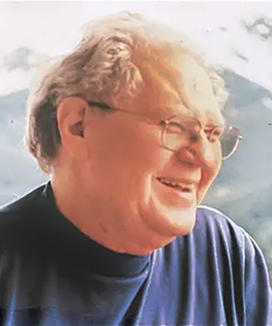
Victor Laurie, a longtime member of the chemistry faculty, died Sept. 13. He was 88. Laurie’s research included using spectroscopy to study molecular structure, according to a family obituary. He also edited the Annual Review of Physical Chemistry and The Journal of Chemical Physics. Laurie had a longstanding interest in computers — dating back to his Ph.D. studies at Harvard — and in retirement worked to educate senior citizens about the use of personal computers.
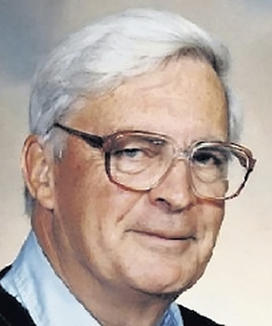
Robert Lisk, a biology professor who directed Princeton’s Program in Neuroscience in the 1980s, died Sept. 12 at age 88. Lisk studied neuroendocrine regulation, including the biochemical mechanisms involved in animal reproduction. He transferred to emeritus status in 1990 after teaching at the University for 30 years. In retirement, Lisk lived in Ontario, Canada, and embraced his passion for music, playing the organ for his local church congregation, according to a family obituary.











1 Response
Denise DeNezzo-Asfar ’76
2 Years AgoIn Memoriam: Professor Janet Martin
Reading your obituary of Professor Janet Martin evoked a sad sweet rush of memories from my last two years at Princeton, when I took her Silver Age prose and Medieval Latin courses. I did not begin my Latin studies until my sophomore year, but thanks to Magistra Martina, the language of the eternal city conquered my interests.
In those days, it was possible to register for additional courses in the first week of classes, and then simply drop the ones you didn’t want to keep. Since there were two sections of the prose class, I attended the first week of Professor Martin’s as well as the other section, Erich Segal’s — visiting professor from Yale’s classics department. (Like most of my classmates — the women, at least — I loved his 1970 Love Story, which was so familiar to us all that a later Triangle Show referencing the Trojan War featured the prophetess Andromache declaring “Love means never having to say, ‘You’ll be sorry.’”)
As engaging as were Professor Segal’s commentaries on Messalina’s sexual antics and the training of naked Olympians, what I really needed was Professor Martin’s rigorous textual analysis and grammatical explanations (who knew that ’nt, like the Latin -ne, was an enclitic adverb?), which deepened not only my knowledge of the language, but also an appreciation for the subtleties of a writer’s stylistic effects.
In her Medieval Latin course, she introduced us to the poetry of Hildegard of Bingen, the first time I’d heard of a woman whose Latin poems survived from antiquity. Decades before Pope Benedict XVI added Hildegard to the Catholic Church’s formal list of saints (although never canonized), Hildegard’s Spiritus sanctus vivificans vita became part of my personal canon of Latin literature, which I was to share with my own students for the next 45 years.
I am forever grateful to Professor Martin, for starting me on a course of study that was to sustain me spiritually as well as financially for the rest of my life. I’d like to imagine her now, serenely serenaded by angelic chants reverberating from the Gothic vaults in That Great Cathedral in the Sky.
Requiescas in pace, O Magistra!